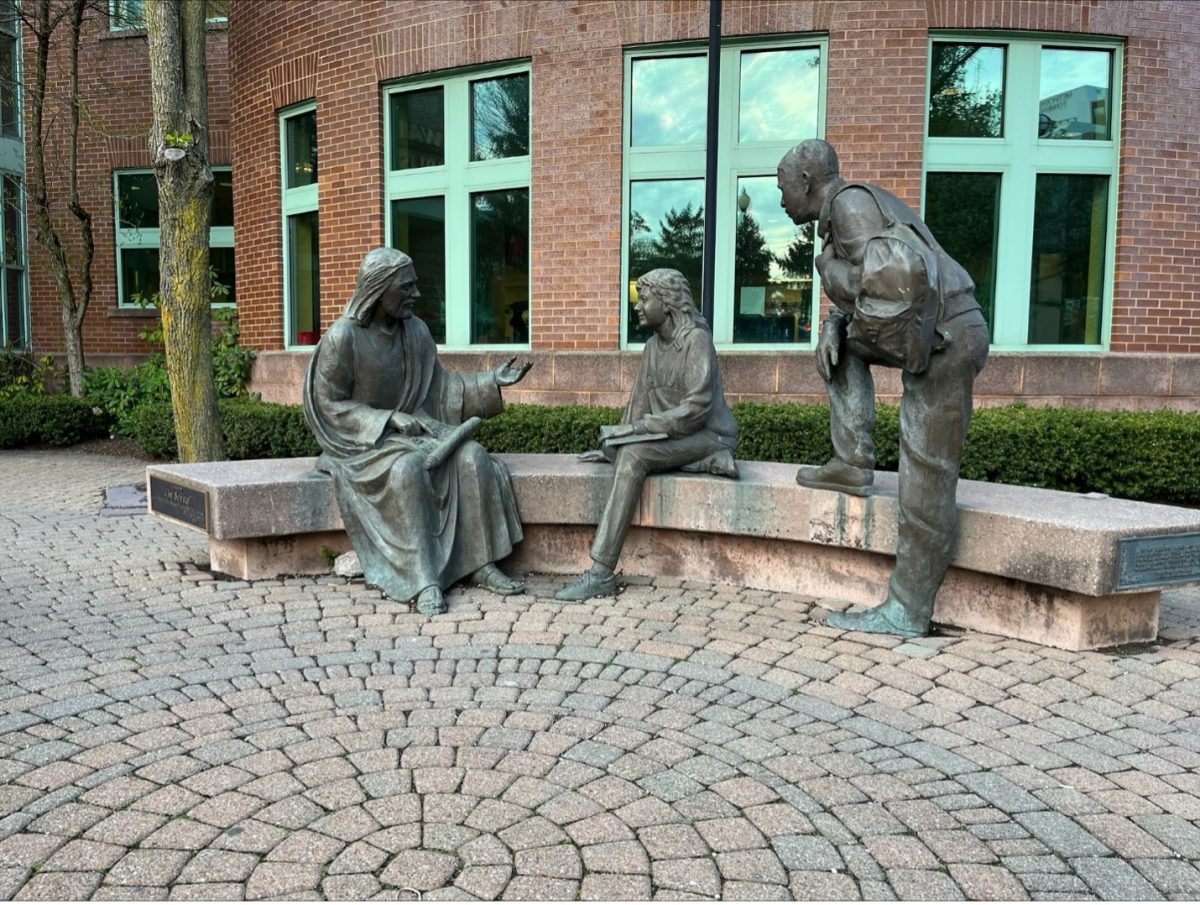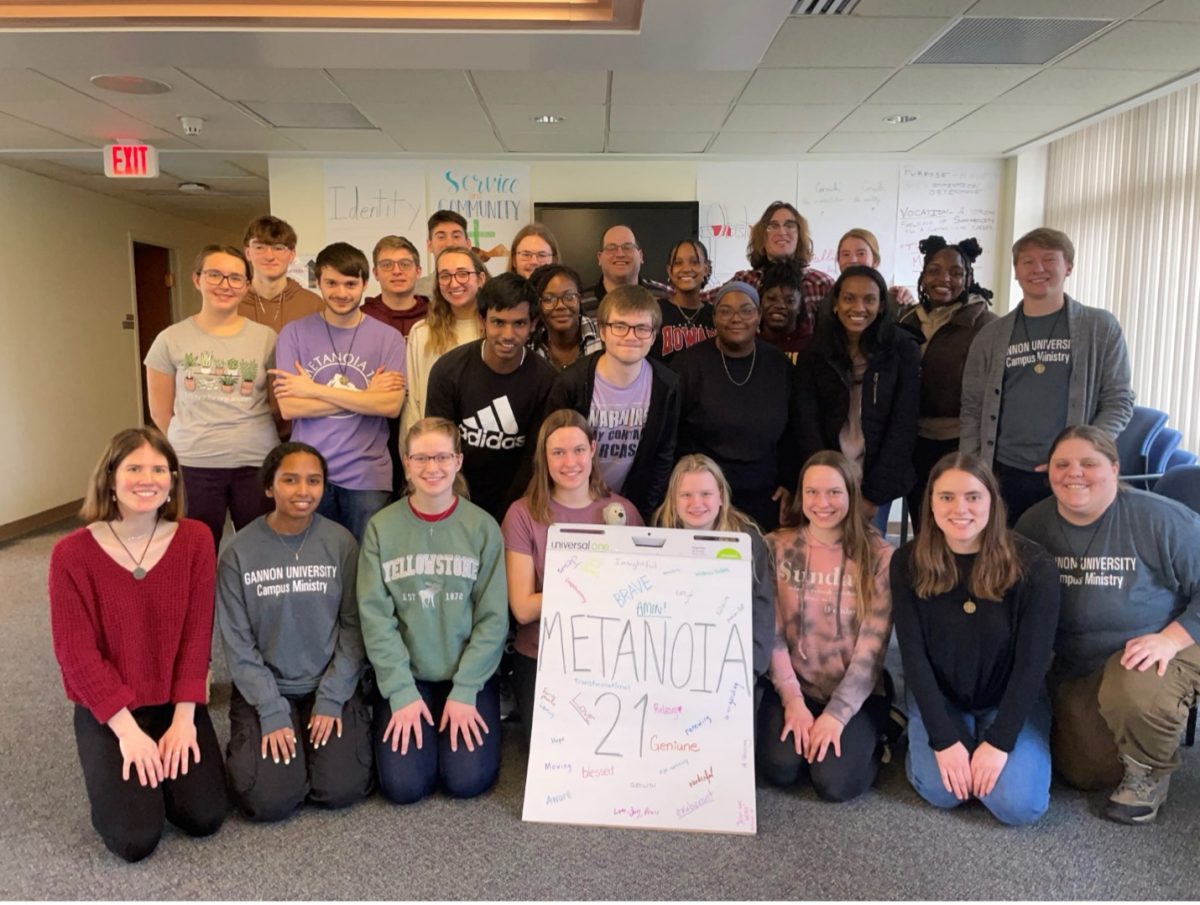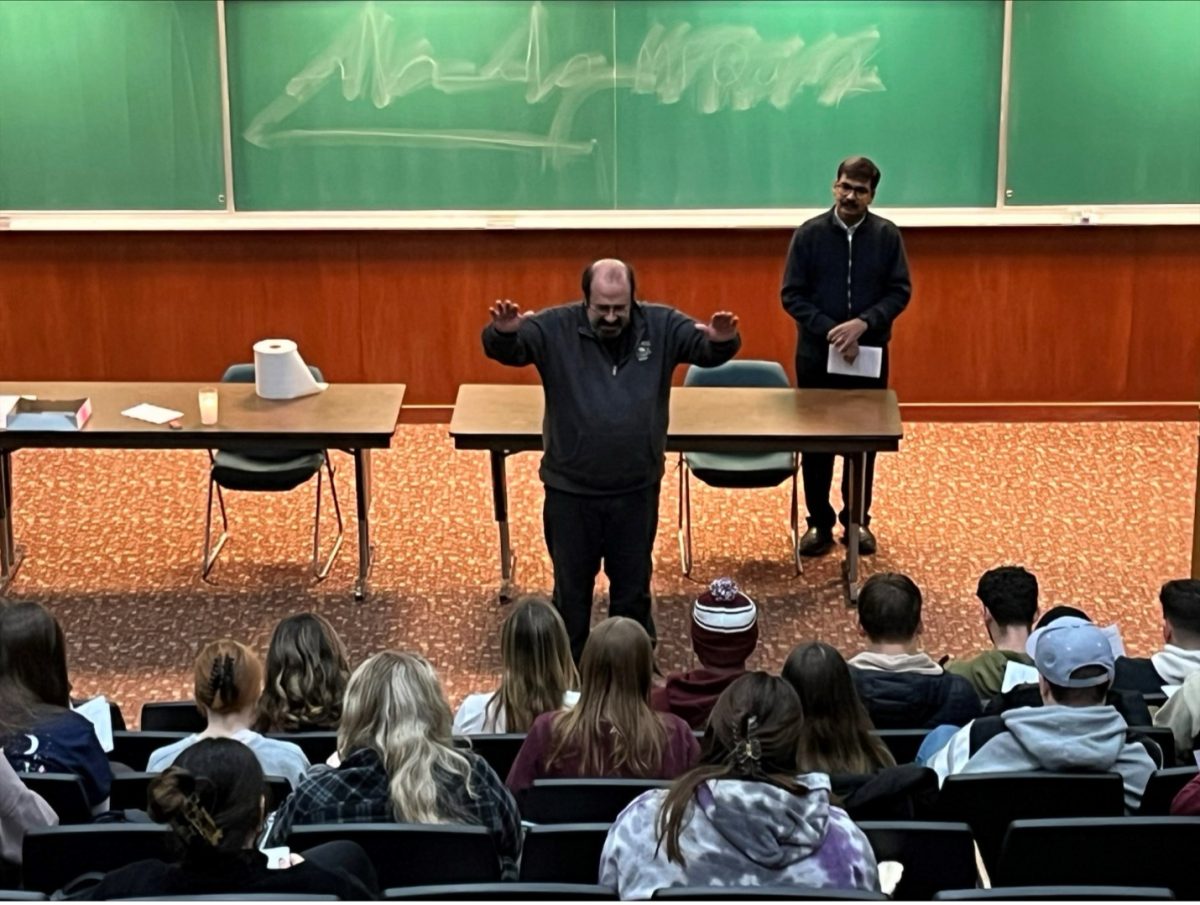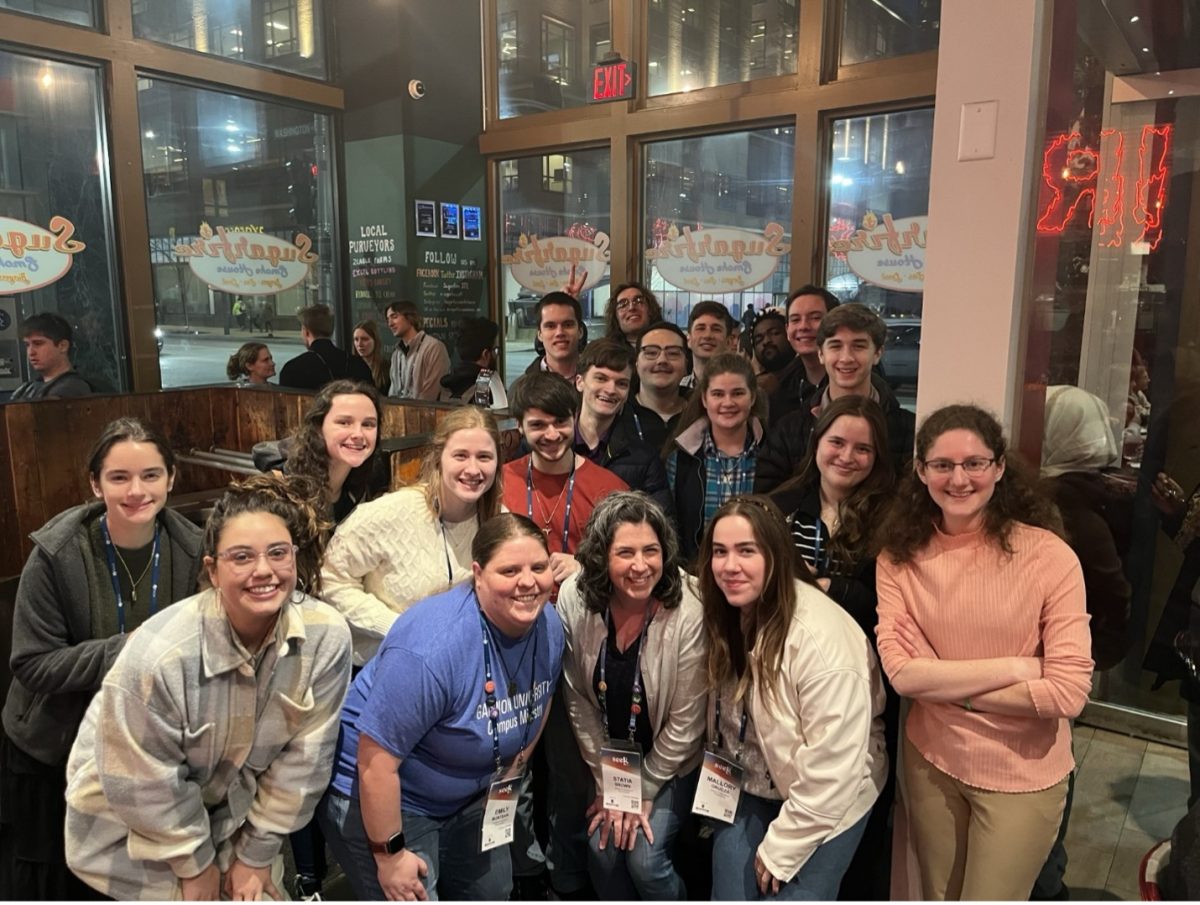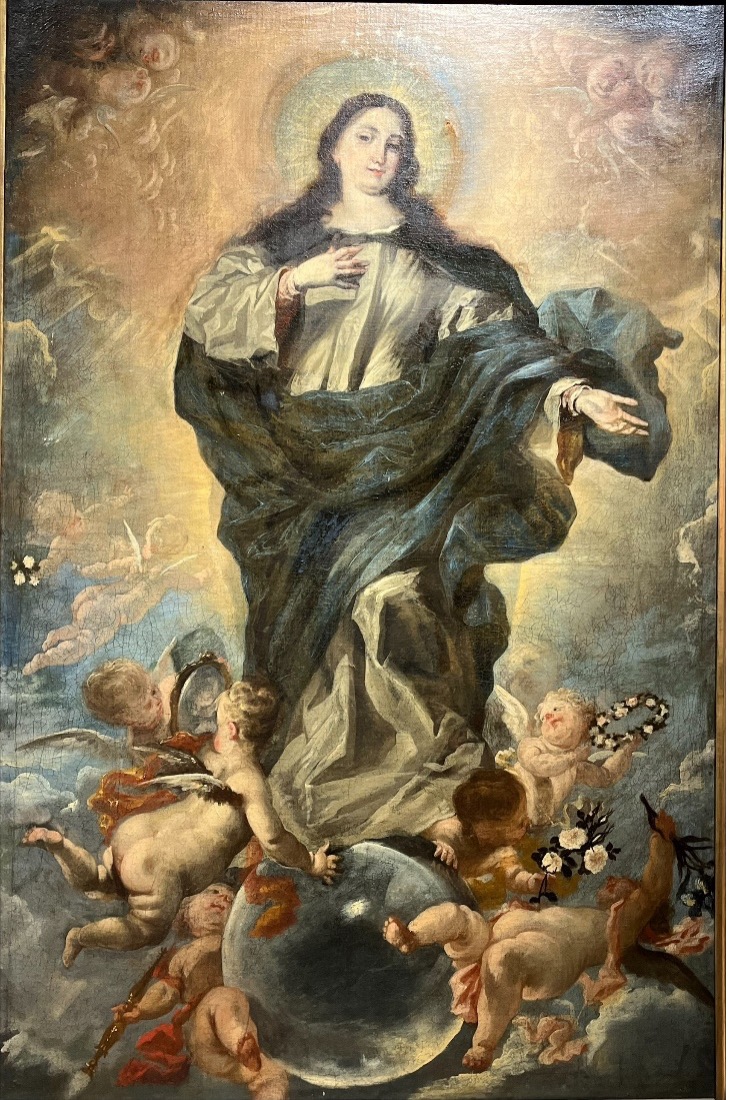In the New Testament, John 11:35 stands as the shortest passage in the Bible. The passage reads as, “And Jesus wept.” Sometimes, it’s even shorter as “Jesus wept.”
Depending on your translation, this passage, for many, shows the compassion of Jesus, and the understanding of suffering but also the shared experience of suffering that we all have and God has, too.
The back story behind John 11:35 is while Jesus is away from home preaching the message of his Father’s kingdom, he gets word that his cousin, Lazarus (no official relationship to Lazarus in the parable as the beggar) has died. Even though Jesus was away from home, he journeys all the way back to Lazarus’ home to see him, a journey that could have taken days to make. When Jesus reached Lazarus’ home, he saw his cousin and “wept.”
Now on the surface, this story shows us many things about the compassion and understanding of Christ. But on a deeper, theological note, this story has so much more significance – at least for me on a personal level.
What we see is that Jesus, who by thattime was preaching the word of his Father’s kingdom and knew that he was both God and man and knew all that God has known and will know. So if we believe that Jesus was both God and man then Jesus knew about heaven and that Lazarus would be saved to be in the Kingdom of God with him someday.
But even though Jesus knew that, he still wept because the suffering was so real to his own personal life here on earth. And to realize that God, who knows all that, would grieve for our earthly death, even while knowing that our heavenly life is secured, is humbling indeed.
Whenever I have a theology class here at Gannon University, our professors normally lecture us on the concept of suffering in the world and they or someone asks the question of how a God who is all-powerful and loving would allow evil to take place in the world.
Whenever I think of that argument, I always think of this passage and struggle with how to explain my point without going on for more than 10 minutes. (I hope my professors read this so I can just refer them to the article!)
The passage truly speaks to the personal relationship that we can all learn to develop with Jesus because a God who dies for our sins is not only impactful on our own lives but also incredibly beautiful to think that he would cry for our suffering as well. That he would love us so much – that he would cry with us each time we cry and die on the cross for our salvation.
To know that God cares so much about us in this life – that he always watches for us even in our darkest moments and times – is inspiring. It also motivates us, humans living on earth, to act in his image and care for each other.
Gannon offers us this chance in activities throughout the year, one of which is coming up in a few days.
I’d like to remind everyone to participate in Take Back the Night at 7 p.m. Monday at Perry Square.
Take Back the Night is the annual walk against sexual violence in our community and campus. For me, Take Back the Night serves for our campus to show our resolve; to not only acknowledge that suffering exists, but to put our feet down and say that enough suffering has existed in these cases.
We have the power as a campus and individuals to end the suffering that far too many people have had to endure across the world.
With a simple “yes” to an invitation to attend this event, you join hundreds of other Gannon students and Erie residents in making an impression on our city. It shows that many people participating in this event will not tolerate a single incidence of sexual violence.
We have to bother each friend, text each roommate and remind every sorority and fraternity to attend and make our campus energized to action.
In the words of Dolores Huerta, “Si se puede,” “Yes we can.” God bless.
JARED SCHAAF


